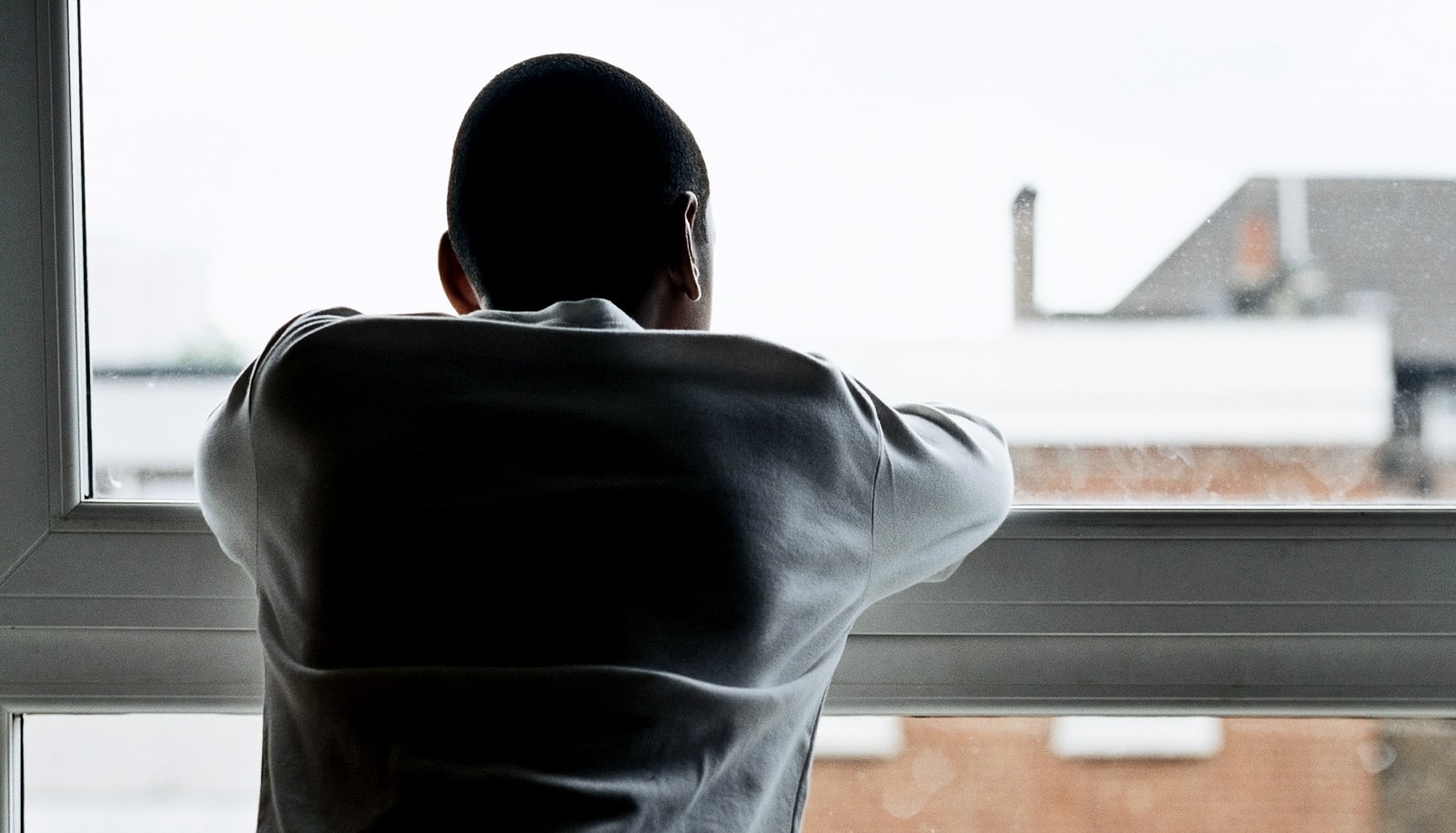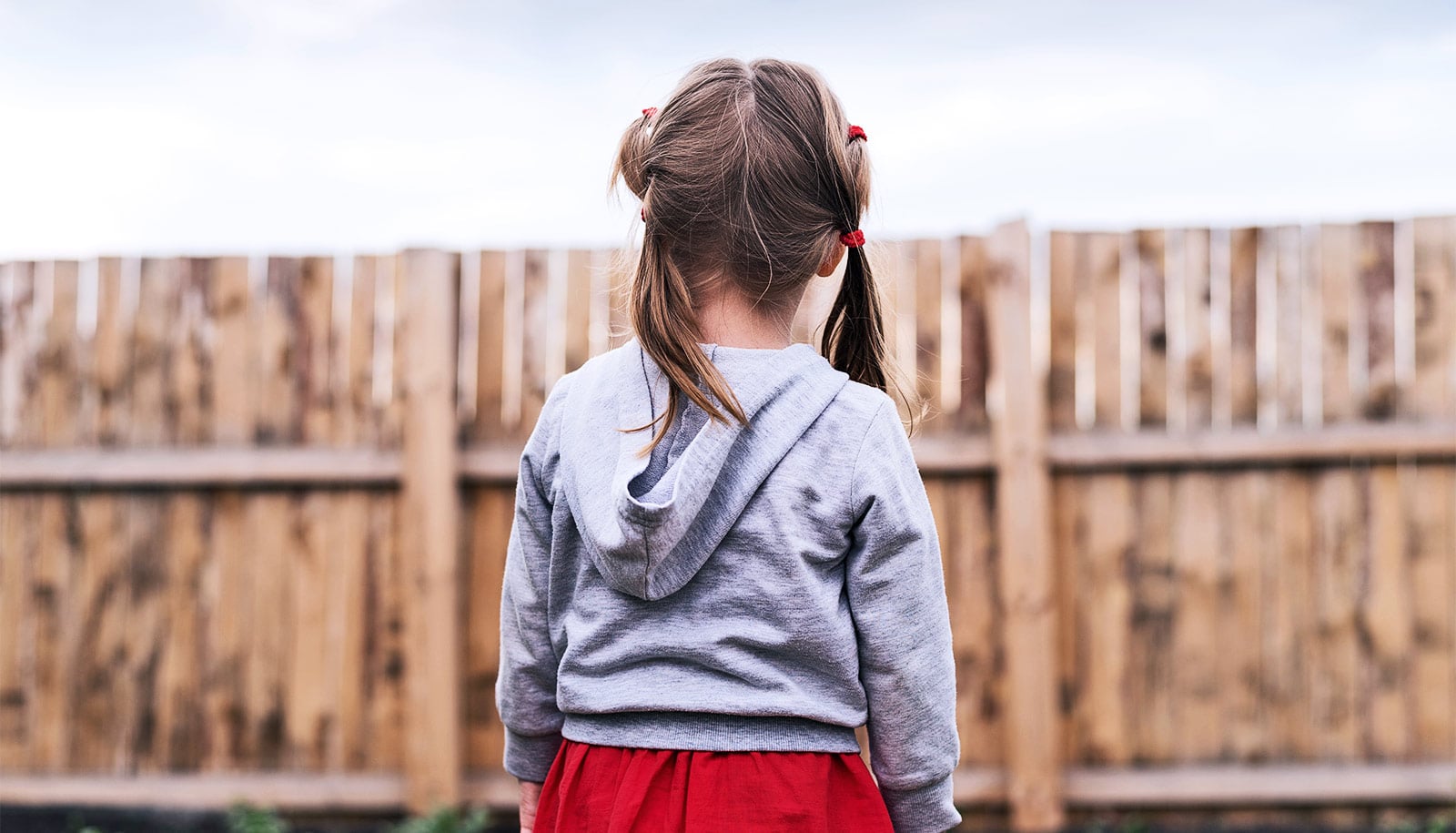Having a strong sense of belonging at school could mitigate suicidal tendencies among Black adolescents, a new study finds.
That sense of belonging, the subjective feeling of being accepted, valued, included, and encouraged in the school community, has long been linked to academic performance.
“Having a supportive teacher or other nonparent adult can change a child’s life because they will want to go to school,” says study coauthor Adrian Gale, an assistant professor at the Rutgers School of Social Work. “We wanted to understand the factors that affect kids’ sense of belonging at school, and how these factors might influence rates of suicide.”
For the study, published in the Journal of Racial and Ethnic Health Disparities, the researchers analyzed data from a national sample of adolescents in grades 7-12. The study, which started in the 1994-95 school year, followed the adolescents in waves, with the most recent wave in 2016-2018. They asked participants a series of questions about their emotional ties to school and experiences with teacher-based discrimination and peer-based prejudice.
The researchers found that as Black adolescents’ sense of school belonging decreased, their risk for suicidal ideation and attempts dramatically increased—by as much as 35%.
Of the 4,229 respondents, 8% said they thought about suicide and 4% had attempted it. Less than half said they felt a sense of belonging at their school, and more than half reported feeling that their teachers treated them unfairly. Slightly more than 50% of the participants said students at their school were racially prejudiced.
In the United States, Black suicide rates have historically been lower than other racial groups. In 2021, the Centers for Disease Control and Prevention reported that non-Hispanic American Indian and Alaska Native people and non-Hispanic whites had the highest rates of suicide, with 28.1 and 17.4 per 100,000, respectively. For non-Hispanic Blacks, the rate was 8.7.
But Gale says recent research indicates a disturbing increase in the rates of suicide among Black boys and girls. With these trends accelerating in the COVID-era, understanding how the sense of belonging at school impacts suicidal thoughts could be useful for mitigation.
“These findings highlight the importance of working to enhance the feeling of belonging among Black teenagers in school,” he says.
To address this challenge, Gale says educators should provide thorough mental health support services that consider the cultural background of Black adolescents. Also, schools should help teachers identify indications of reduced school belonging.
“Most of the elements that influence children’s academic achievement and school life—family socioeconomic status, for instance—take a generation to change,” says Gale. “The relationship a child has with their school is something we can influence now.”
Additional coauthors are from Ohio State University, Washington University in Saint Louis, and the University of Michigan.
Source: Greg Bruno for Rutgers University



